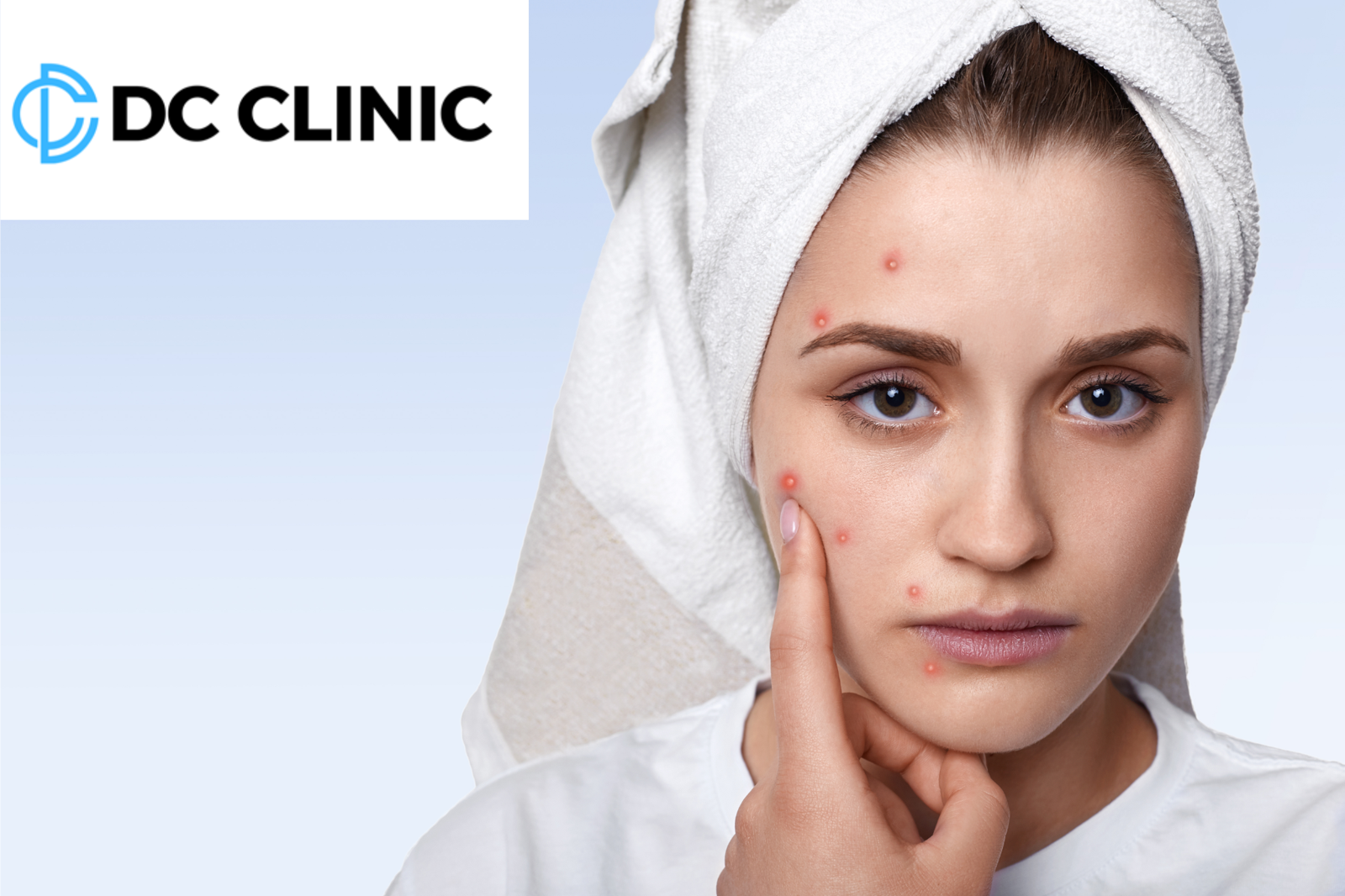
Pimple marks, also known as post-acne scars, can be a frustrating reminder of past breakouts. Whether you're dealing with dark spots, hyperpigmentation, or textural scarring, the journey to clearer skin can feel like a long one. Fortunately, with the right pimple marks treatment, you can significantly improve the appearance of your skin and restore your confidence.
In this blog, we will explore various effective treatments and remedies for pimple marks, helping you find the best solution to achieve smooth, flawless skin.
Understanding Pimple Marks
Before diving into treatment options, it’s important to understand what pimple marks are and why they occur. When a pimple or acne heals, it can leave behind marks, discoloration, or scars. These marks typically fall into one of the following categories:
1. Hyperpigmentation
Dark Spots: When the skin produces excess melanin during the healing process, it can lead to dark spots or pigmentation around the area of the pimple. These marks are usually temporary but can take weeks or even months to fade.
2. Post-Inflammatory Erythema (PIE)
This is a condition where the skin turns red after acne heals, resulting in red or pink marks. These marks typically fade faster than dark spots but may last a few weeks.
3. Scarring
Atrophic Scars: These are depressed scars that form when there’s a loss of tissue, leaving behind pits or indentations on the skin’s surface.
Hypertrophic Scars: Raised scars that occur when the skin overproduces collagen during the healing process.
Top Pimple Marks Treatment Options
1. Topical Treatments
A. Vitamin C Vitamin C is a potent antioxidant that helps reduce hyperpigmentation and even out skin tone. Regular use of Vitamin C serums can lighten dark spots, brighten the skin, and promote collagen production, which aids in healing pimple marks faster.
B. Retinoids (Retinol) Retinoids are one of the most effective ingredients for treating acne scars. They promote skin cell turnover, helping to fade dark spots and reduce the appearance of scars. Retinol can also improve the texture of the skin and smooth out any unevenness caused by post-acne marks.
C. Niacinamide Niacinamide, or Vitamin B3, is known for its ability to reduce hyperpigmentation, redness, and inflammation. It’s a gentle yet effective ingredient that can help lighten dark spots and even out skin tone without irritating the skin.
D. Alpha Hydroxy Acids (AHAs) AHAs, such as glycolic acid and lactic acid, work as exfoliants to remove dead skin cells, revealing fresh skin underneath. Regular use of AHAs can help fade hyperpigmentation, improve skin texture, and reduce the visibility of pimple marks.
E. Salicylic Acid Salicylic acid is a beta-hydroxy acid (BHA) that penetrates deep into the pores to help clear out clogged pores and reduce inflammation. It can help prevent new breakouts and also exfoliate the skin’s surface, helping to fade existing marks.
2. Chemical Peels
Chemical peels involve applying a chemical solution to the skin, which exfoliates the outer layers and promotes skin renewal. This treatment is especially effective for reducing the appearance of dark spots, scars, and uneven skin texture caused by pimples. Common acids used in chemical peels include glycolic acid, salicylic acid, and lactic acid.
3. Microneedling
Microneedling is a minimally invasive treatment that uses tiny needles to create micro-injuries in the skin. These injuries stimulate collagen production, which helps reduce the appearance of pimple marks, scars, and uneven skin texture. Microneedling is particularly effective for treating atrophic scars and improving overall skin texture.
4. Laser Treatments
Laser treatments can be highly effective for treating pimple marks and scars. Some of the popular laser treatments include:
A. Fractional CO2 Laser This type of laser treatment works by targeting deeper layers of the skin to stimulate collagen production and improve skin texture. It is particularly effective for reducing the appearance of scars, including acne scars.
B. Intense Pulsed Light (IPL) IPL is a non-invasive treatment that uses light to target and break down pigment, reducing the appearance of dark spots and hyperpigmentation caused by pimples.
5. Natural Remedies for Pimple Marks
If you prefer a more natural approach, several home remedies can help fade pimple marks over time. While these remedies may take longer to show results, they can still be effective for lighter scars and marks.
A. Aloe Vera Aloe vera is known for its soothing and healing properties. Applying aloe vera gel directly to the affected areas can reduce inflammation, promote skin healing, and fade dark spots.
B. Lemon Juice Lemon juice contains natural bleaching agents, which can help lighten dark spots and pigmentation. However, lemon juice can be irritating to sensitive skin, so it’s important to patch-test and dilute it before applying it to your face.
C. Honey and Cinnamon Mask Honey is a natural humectant that moisturizes the skin, while cinnamon has anti-inflammatory properties. Together, they can help promote healing, reduce redness, and lighten dark spots.
D. Turmeric Turmeric contains curcumin, which has anti-inflammatory and skin-healing properties. A turmeric mask can help reduce redness and lighten dark spots over time.
6. Sun Protection
One of the most important steps in treating pimple marks is protecting your skin from the sun. Sun exposure can darken existing scars and make them more noticeable. Be sure to use a broad-spectrum sunscreen with an SPF of at least 30 daily to prevent further pigmentation.
How Long Does It Take to Fade Pimple Marks?
The time it takes to fade pimple marks depends on several factors, including the severity of the marks, your skin type, and the treatment methods used. On average, it can take anywhere from a few weeks to several months to see noticeable improvement. Consistency with your skincare routine, combined with patience, is key to achieving clearer, even-toned skin.
Conclusion
Pimple marks can be stubborn, but with the right Pimple marks treatments and care, you can significantly reduce their appearance and restore your skin's smooth texture. Whether you're using topical treatments, opting for professional procedures like microneedling or laser therapy, or exploring natural remedies, there are various options available to help you achieve clearer skin.


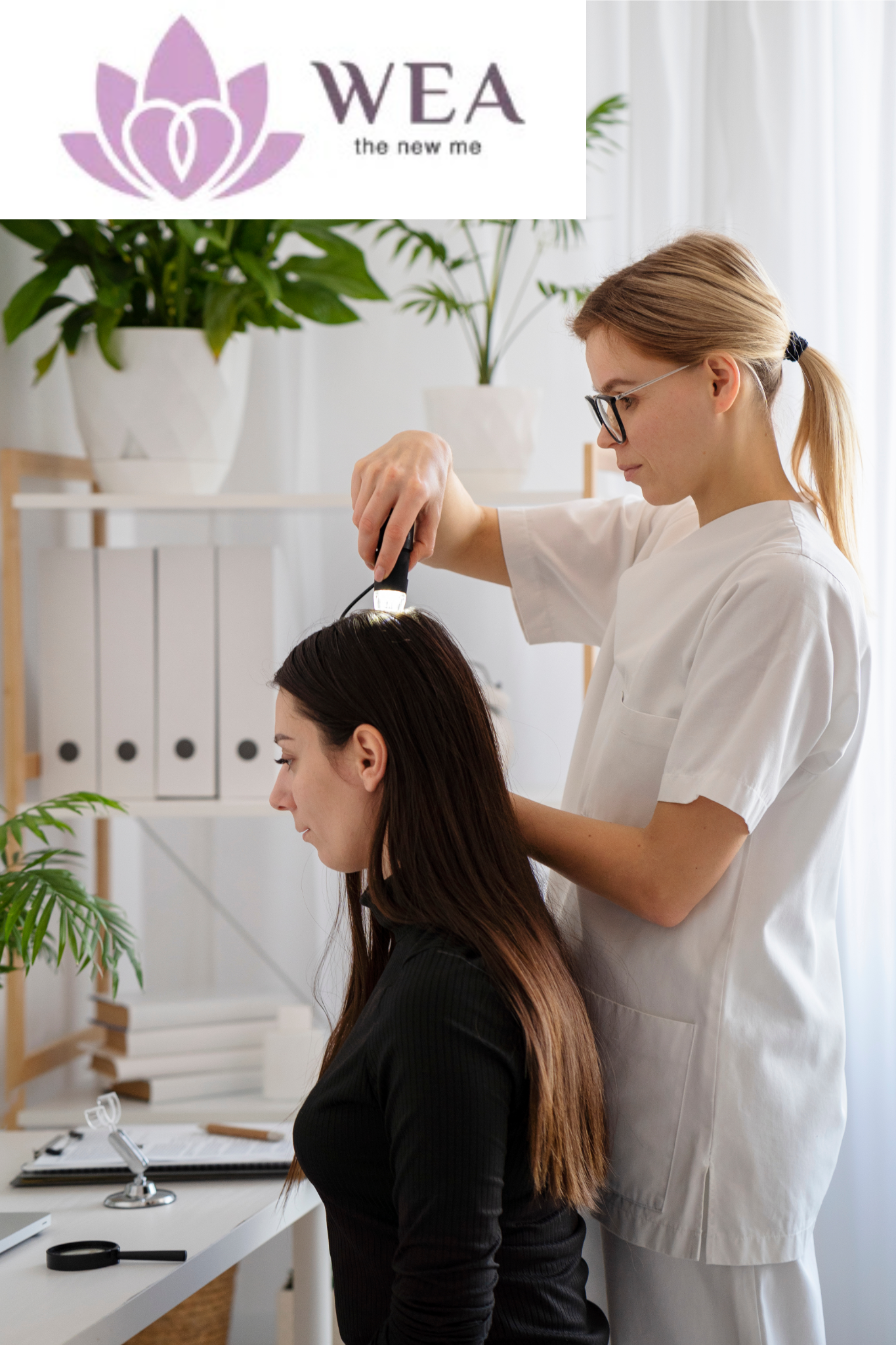


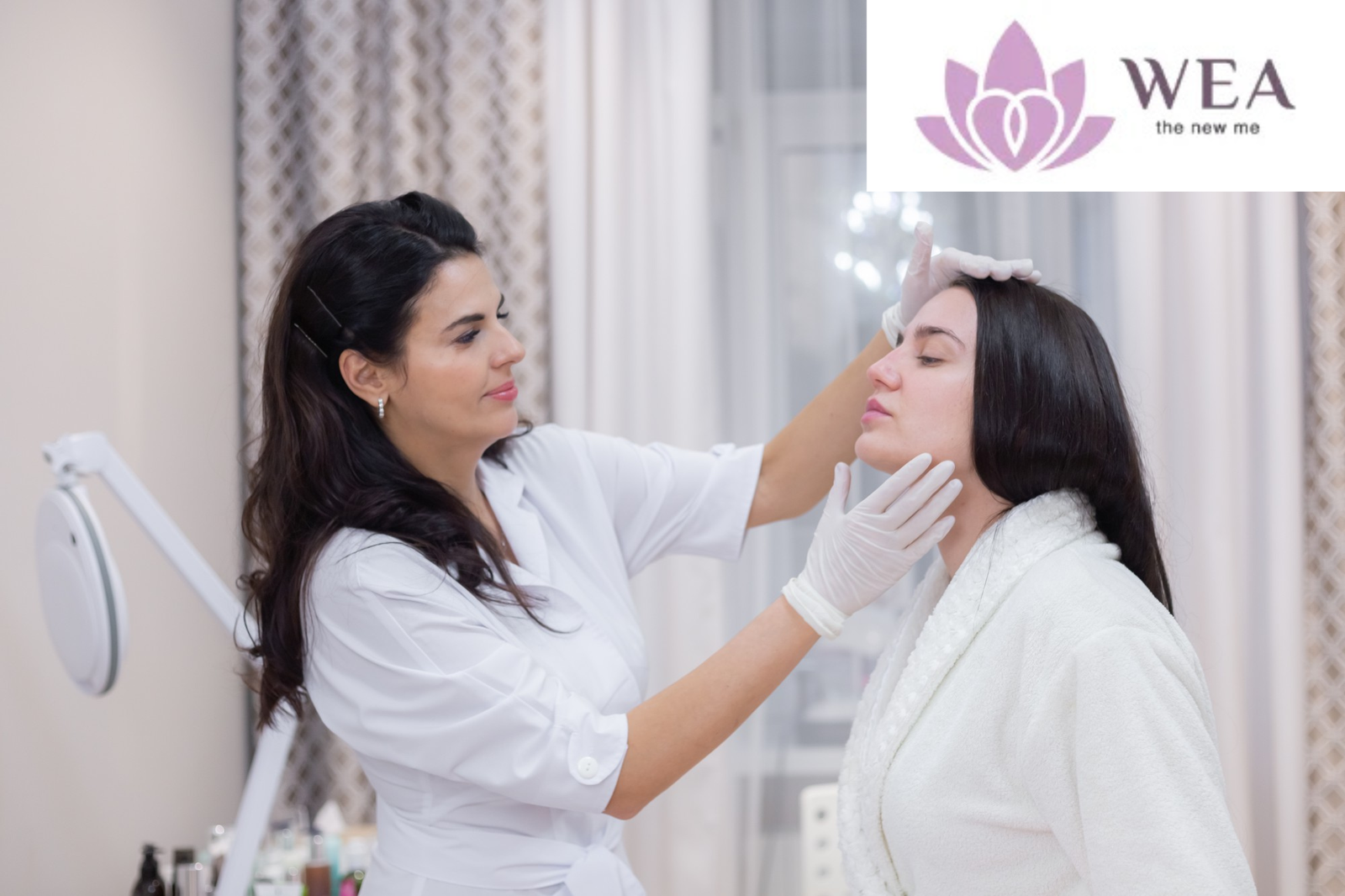

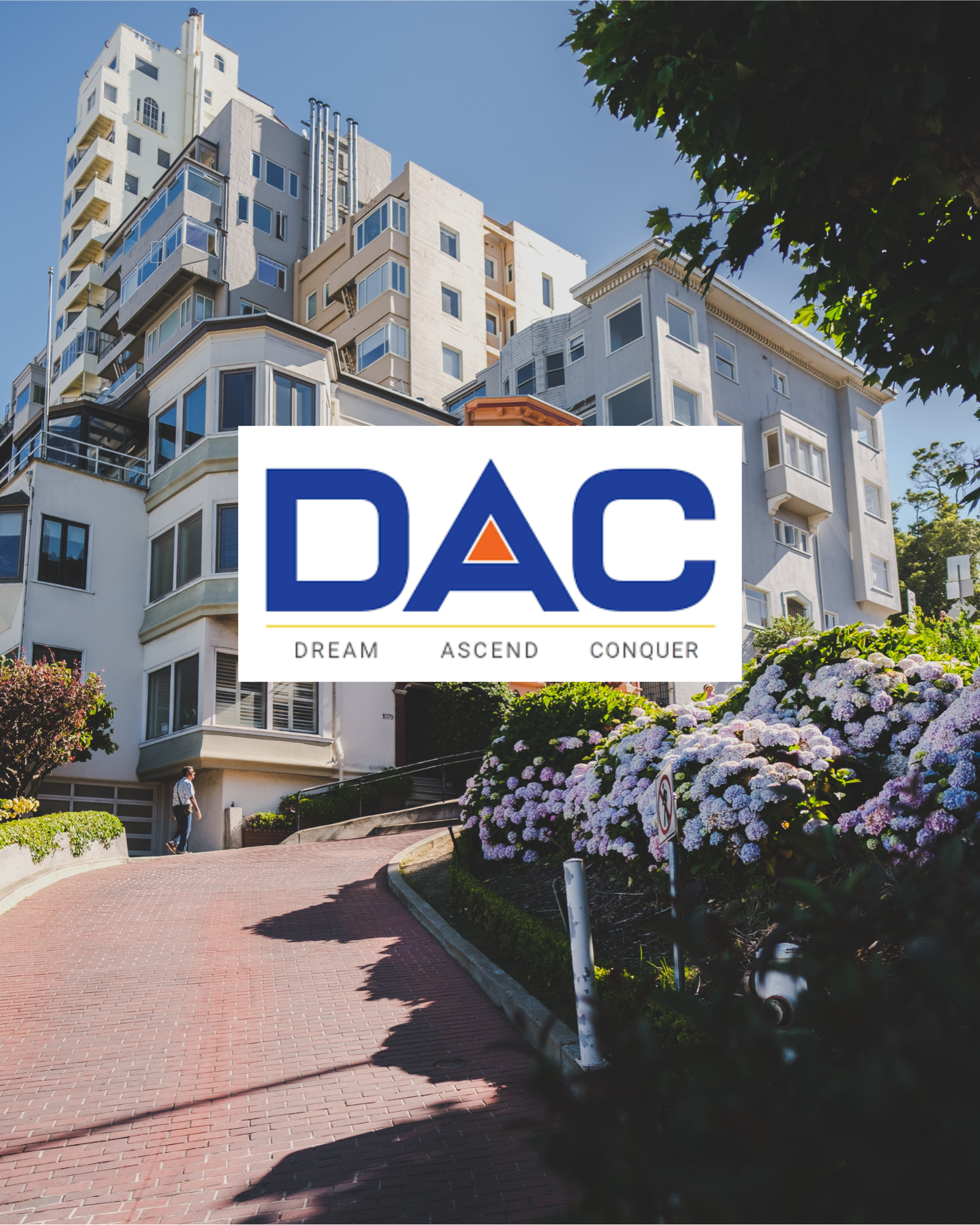
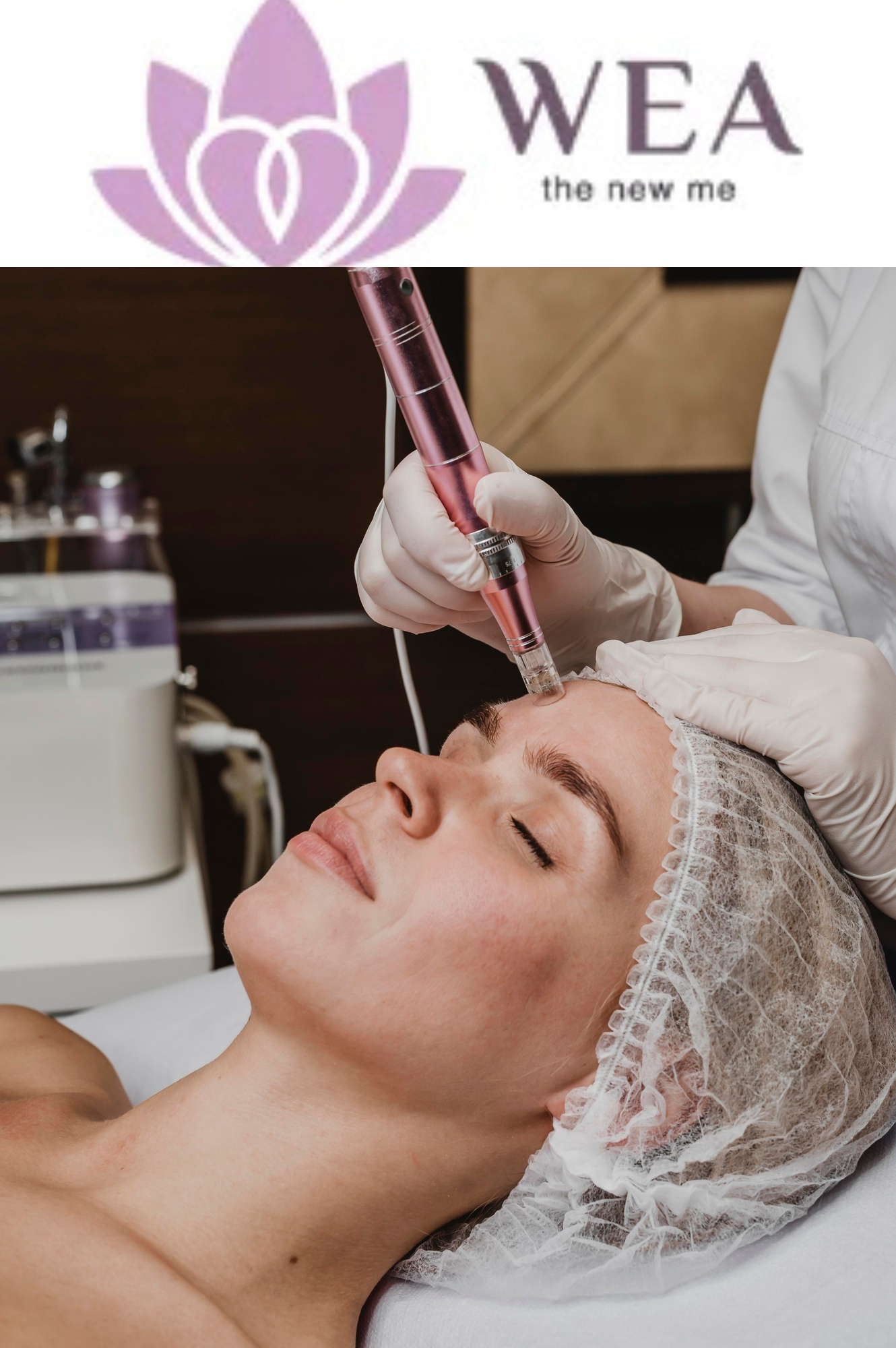


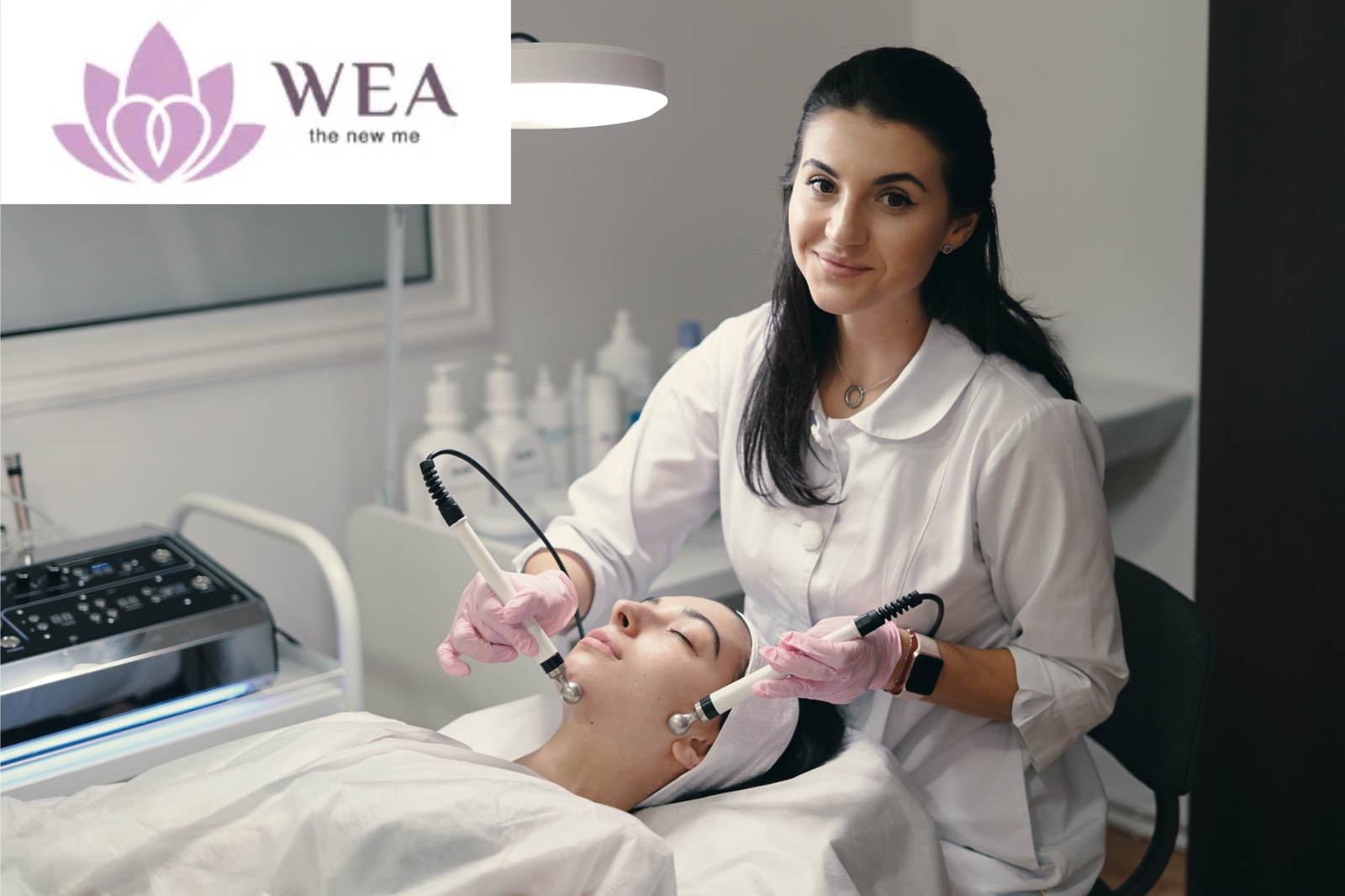


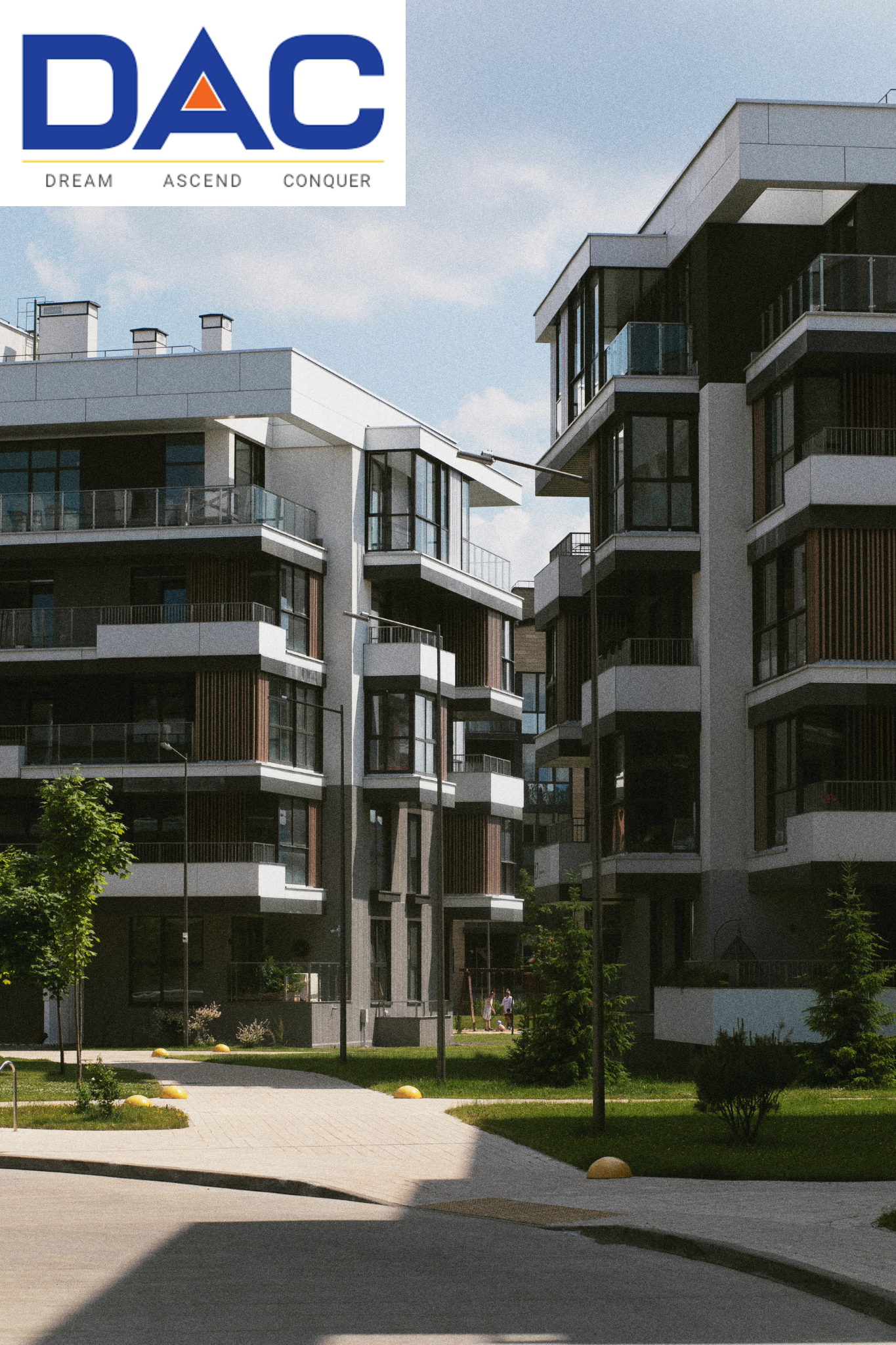
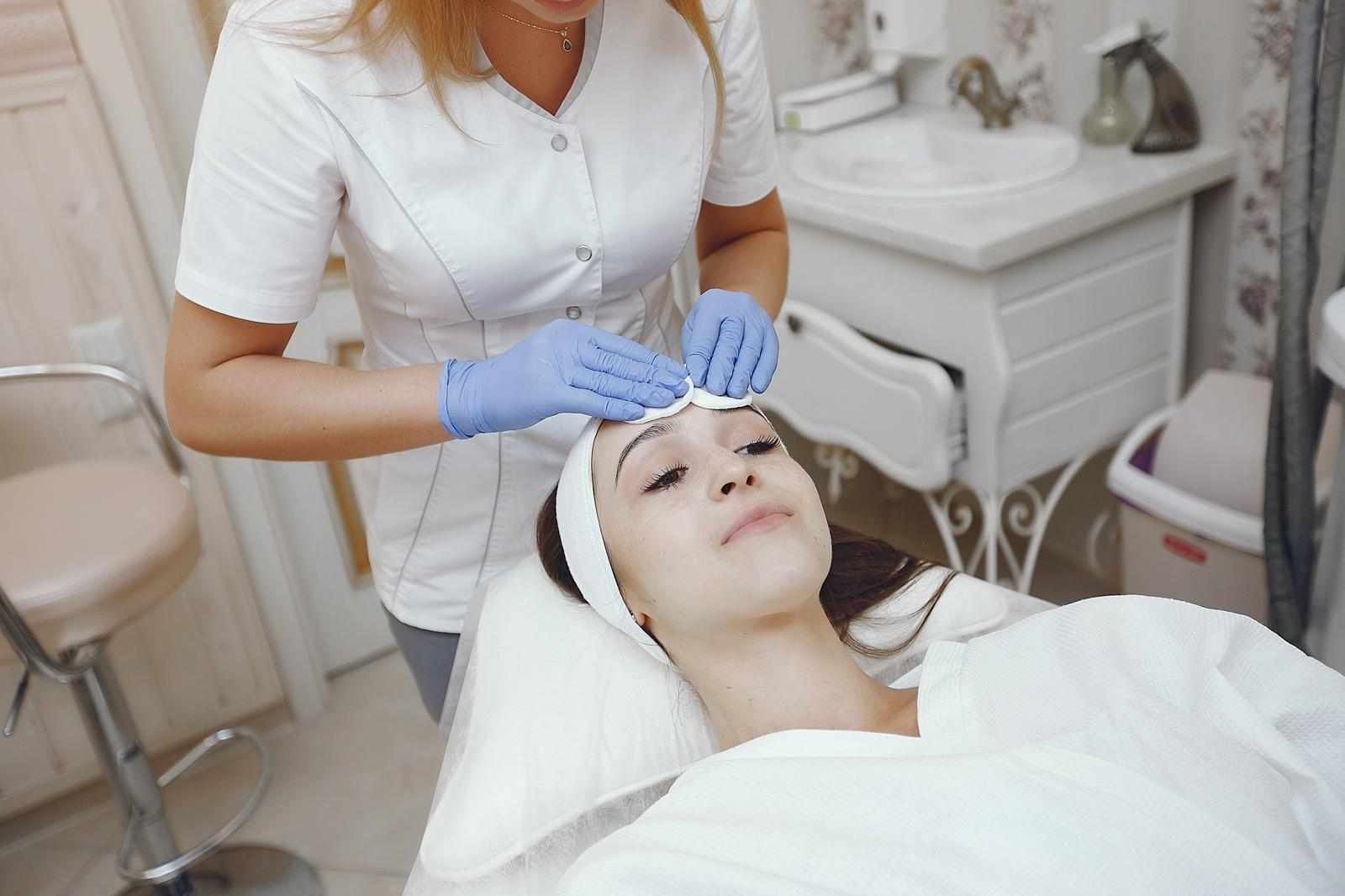


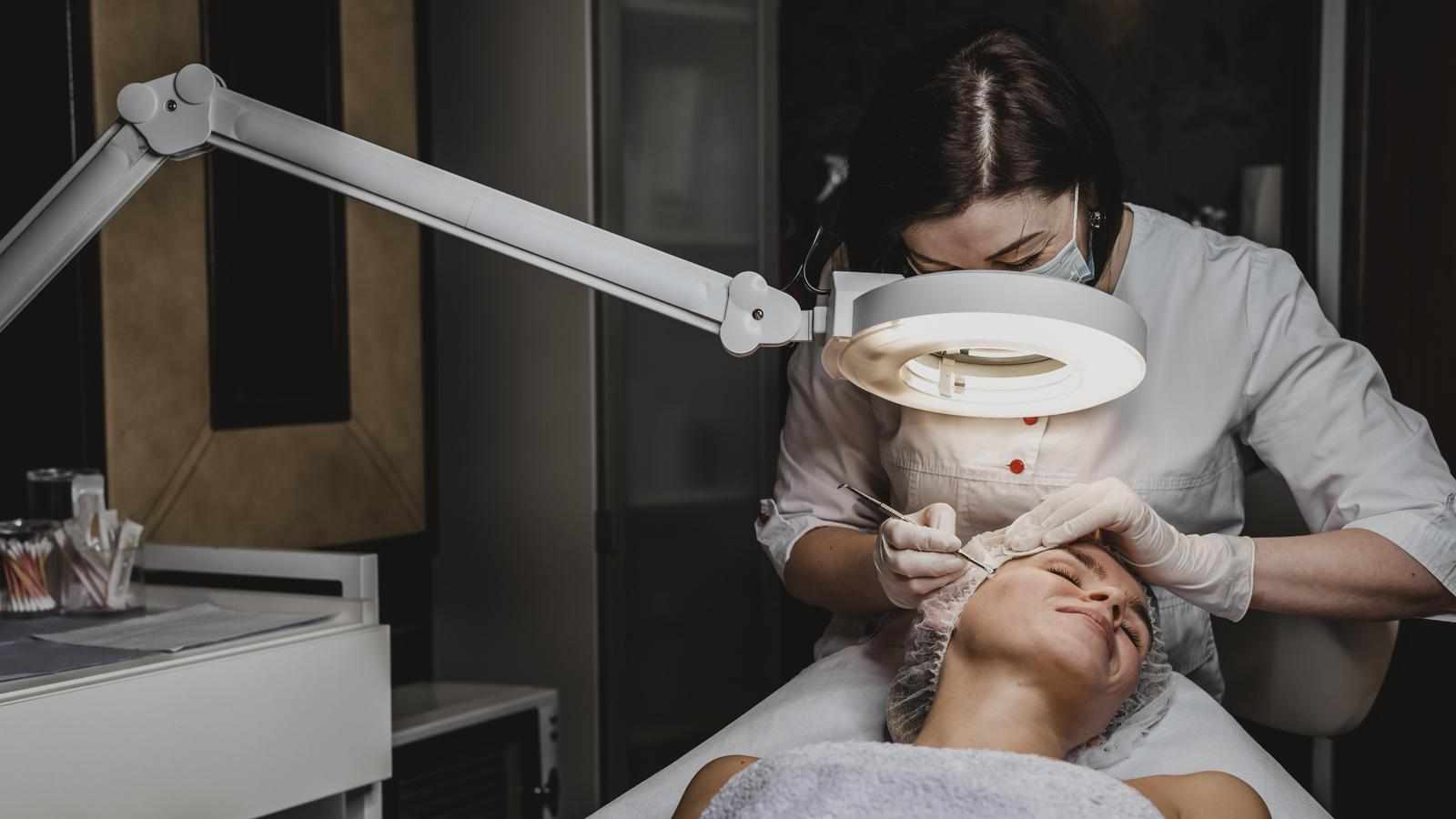
Write a comment ...